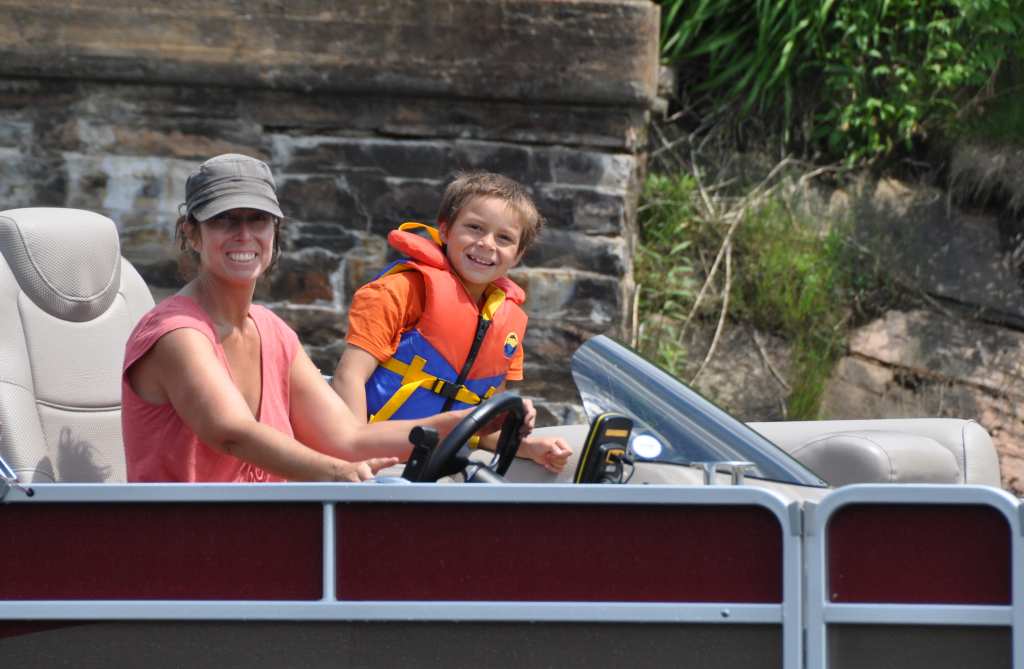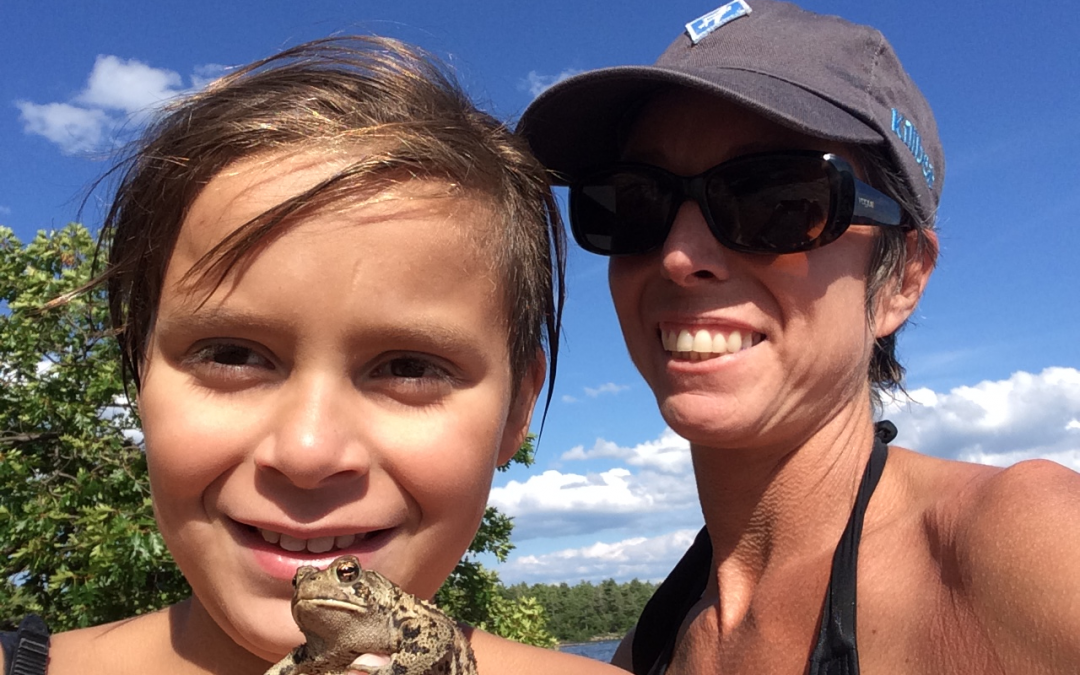A few of my articles have focused on relationships – creating an inner circle and building a sense of community – because having a supportive social network can help to provide meaning and connection in our lives. To have people to laugh with, to turn to when we are in pain, to celebrate the joyous moments with, share empathy and compassion, to console us when things fall apart – when life makes no sense at all, it is the people around us who can lift us up and help us find the good. It is amazing how much our communities and inner circles will rally to our support when they can see that we are suffering. But when we suffer alone – and let’s face it, we so often suffer in silence – it can make us feel
even more isolated.
Often our struggles are not visible to others, or they are not understood. I know for me, despite having psychological support for my son, and despite having such a wonderful inner circle, I felt deeply alone in trying to help him. I researched constantly; I adapted as much as I could; I was always “on call” for him. I felt judged. I felt misunderstood. I craved compassion and understanding. The occasional supportive exchanges I had with other parents; the occasional knowing glances filled with kindness; those moments were like glimmers of hope for me.
Much of my professional life has been devoted to continuous improvement to benefit the environment. In my personal life, I experienced systems that appeared to be dysfunctional, siloed, and antiquated when I struggled to get my son the help we needed. The concept of Myles Ahead was born from my desire to try to help change the things that I experienced so that my son’s life would not be lost in vain. I have often said that my son was the greatest teacher I have ever had, and even after his life, he continues to be. It is hard for me to recognize the person I have become – to be open and vulnerable was unknown territory for me. But I have learned that this sharing can be so healing, not only for myself, but for others too. Being open allows us to lift the veil of pretention and really see each other – and realize that we are not alone.

What I have learned from my own loss, is that one of the most uplifting things we can do for ourselves in these times is to share our experiences, listen to others, and importantly, find a sense of purpose. I firmly believe that we can take the injustices and trauma that we experience, and that we are witnessing, to be a call to action. In a very surreal way, all of the therapy that I did with Myles over the years had given me many tools to help me deal with losing him – and I am still very much dealing with it, but I am grateful for the skills I learned through cognitive behavioural therapy with him, among other things. Here are some of the things that I found helped me to gain perspective, feel hope, and find purpose:
i. Seek help: I knew straight away that there was no way I could manage my emotional pain without therapy. I tried a few before I found someone who is a good fit for me. It is important to have a good fit and there is no shame in shopping around a little! While many of us suffer in silence and find asking for help to be a huge hurdle, therapy truly helped me learn how to process my loss and the trauma surrounding it. Even in the absence of a traumatic event, therapy can be incredibly revealing and help us find direction and purpose in life.
ii. Be open to listen to others: Many people shared their own stories of loss with me, and I recognized that the sharing was an empathy step in relating to what I was going through. I came to define loss as loss – we, my inner circle and my family all lost Myles, not just me. Any loss that we experience can raise similar mental and emotional challenges – loss of work, loss of a relationship, loss of the ability to socialize due to a pandemic – it is not a comparison. All loss to me is relatable and sharing stories helps foster connections.
iii. Accept the gifts of advice that work for you: In addition to so many wonderful gifts of food and flowers, and advice, a few angels gave me books that were immensely helpful, and when I was able, I found a few on my own. The one that really stood out early days was Viktor Frankl’s Man’s Search for Meaning. Talk about a perspective check. For those unfamiliar, Viktor was a neurologist and psychiatrist who survived four concentration camps and founded a therapy called ‘logotherapy’ which means “healing through meaning.”
iv. Plan for occasions that you know will be tough: For me, this has been incredibly important – to take a special occasion, like a birthday, Christmas, or Mother’s Day and plan something that transforms the pain into something positive. The first of Myles’ birthday after he passed, we held our inaugural meeting of the Board of Directors for Myles Ahead, at that point I hadn’t even submitted the charity application, but the wheels were in motion and we were a non-profit. The following birthday, we joined the Scotiabank Toronto Waterfront Marathon as a charity, and had 44 volunteers and runners participate in the event with us – and I ran the half marathon (I did not come in last, but it was close! Lol).
v. Take time alone to think, journal, and walk: When we take time alone and move, we often find our best ideas or feel a spark of inspiration. The same is true with journaling. I find it even better doing these things in nature. And if finding purpose seems elusive, try stream-of-consciousness journaling daily for 30 days… no judgement, no worries about grammar; it is not a memoir and it is not intended to be read by anyone, including yourself! You may find that a theme arises to help guide you to an important inner voice and purpose.
vi. Be open to the magic: When you are, you can see past the superficial running about and stress of life and be open to the magic. Magical moments will reveal themselves…
ADDITIONAL RESOURCES
For Children: A wonderful video where children talk about the meaning of purpose.
For Caregivers: A toolkit to help your young adults find purpose.
For Educators: The Role of Adult Mentorship in Helping Children Deal With Trauma

